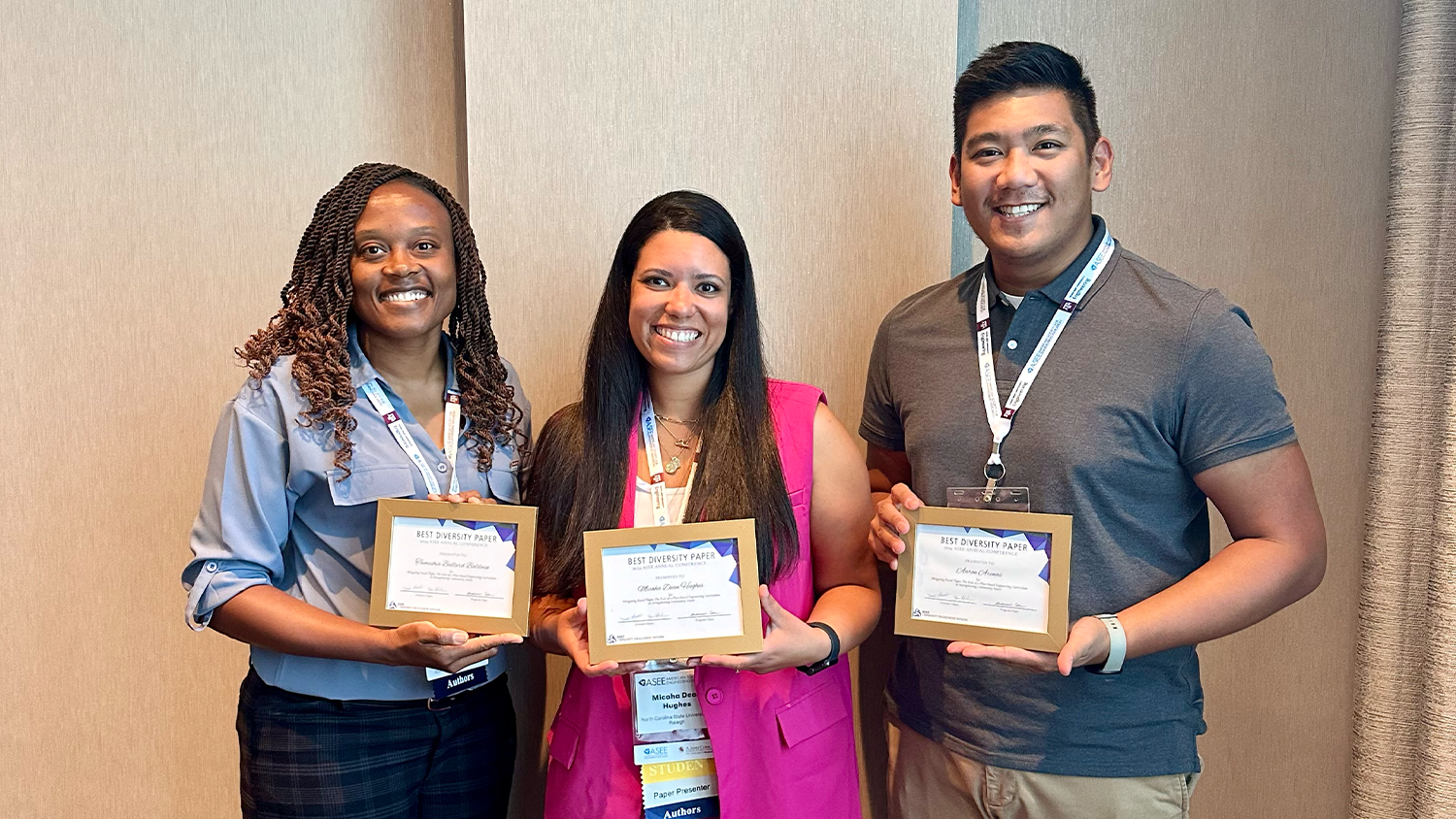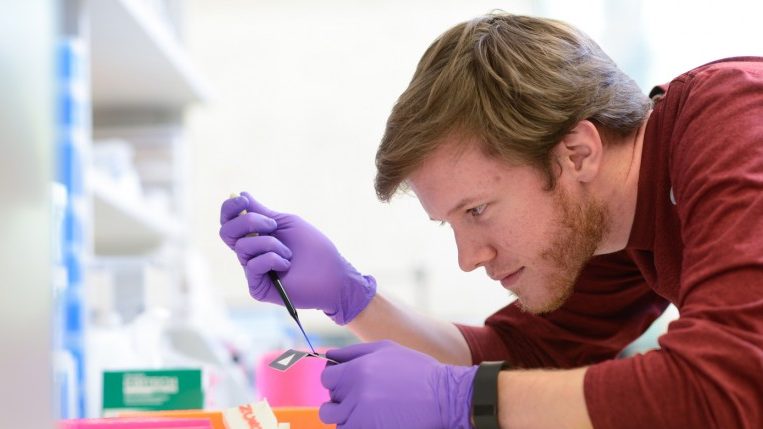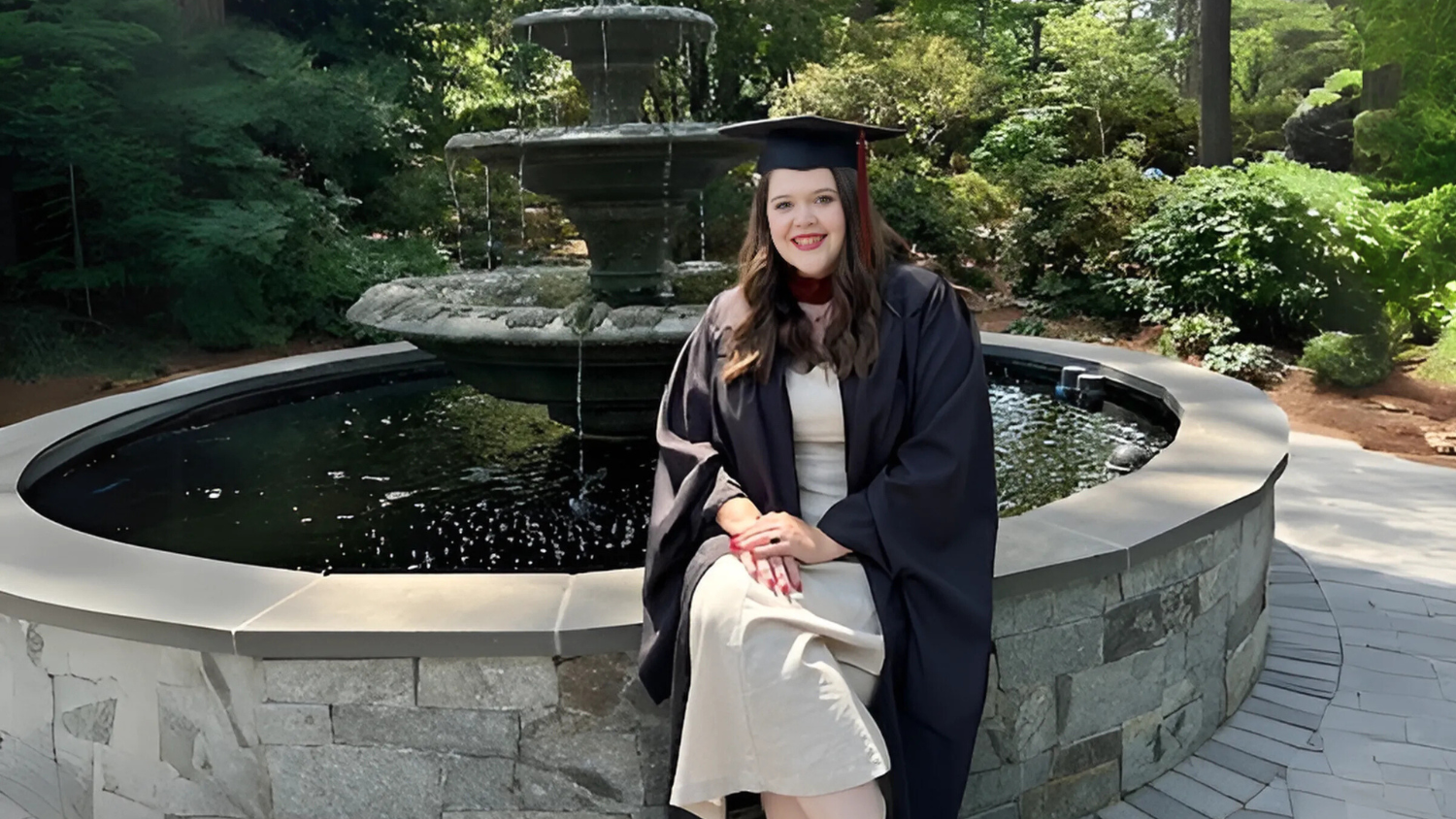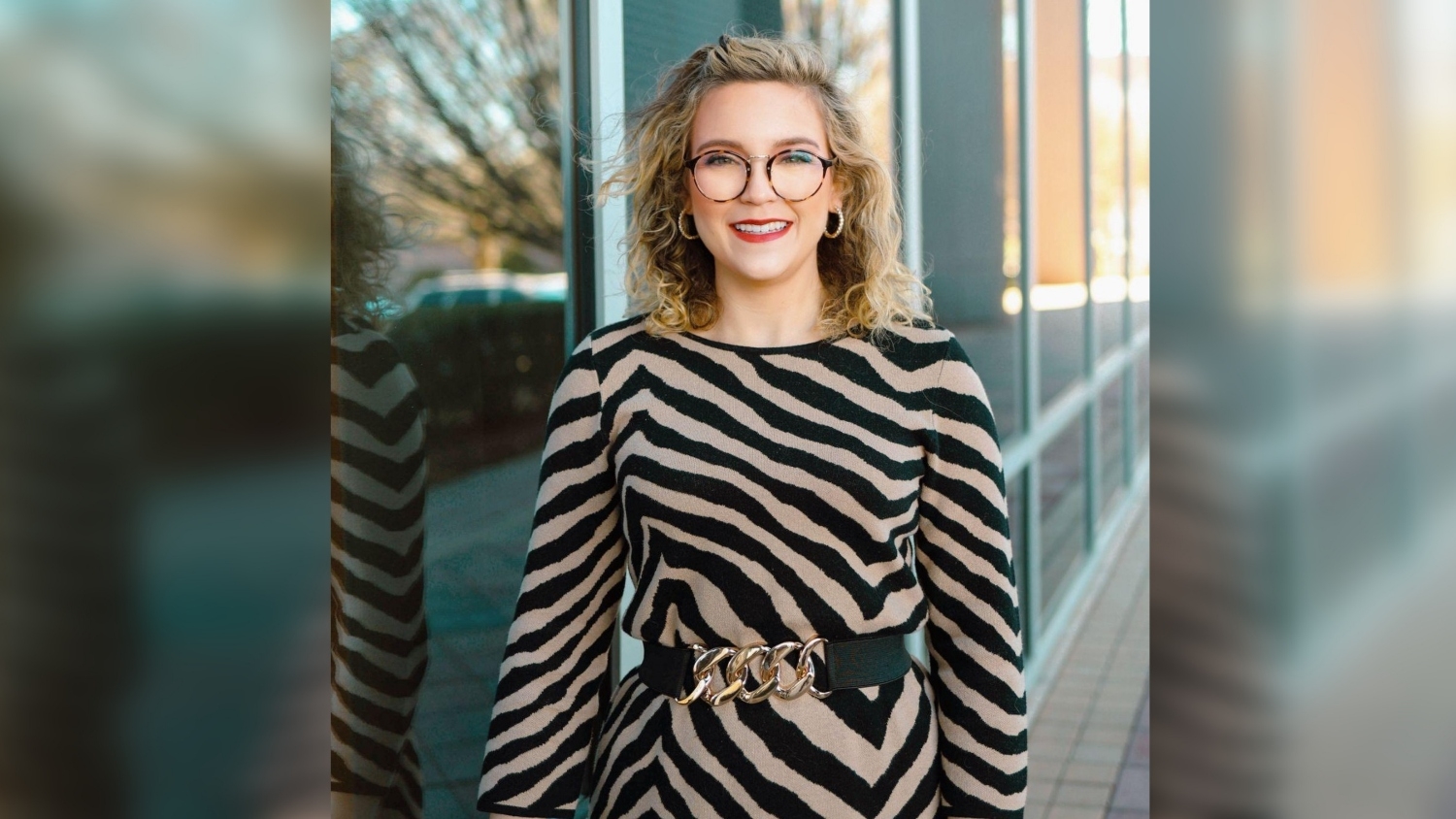Paper Authored by College of Education Doctoral Students Wins Best Diversity Paper Award from American Society for Engineering Education Community Engagement Division

A paper authored by NC State College of Education doctoral students Micaha Dean Hughes and Aaron Arenas has been selected as the recipient of the Best Diversity Paper Award in the Community Engagement Division of the American Society for Engineering Education (ASSE).
The winner of the Best Diversity Paper award is chosen from amongst all papers submitted during the organization’s annual conference.
The paper, entitled “Mitigating Rural Flight: The Role of a Place-based Engineering Curriculum in Strengthening Community Assets,” was authored by Hughes, who is a student in the Ph.D. in Teacher Education and Learning Sciences educational psychology concentration; Arenas, a student in the Ph.D. in Educational Leadership, Policy, and Human Development higher education concentration and research assistant at the Friday Institute for Educational Innovation; and Tameshia Baldwin, an assistant teaching professor of engineering education in the NC State College of Engineering.
“We were honored to have been selected as the recipients for this award,” said Hughes, who is the paper’s lead author. “There are so many people in the Community Engagement Division who are doing amazing, community-centered work in engineering education across the country for the purpose of broadening participation. Our paper’s selection allowed us to promote the work we are doing with project DeSIRE, and the amazing community assets that already exist here in small North Carolina towns.”
Project DeSIRE — a school-university-community collaboration funded by an I-TEST grant from the National Science Foundation — aims to create community-based engineering design experiences for middle school students in rural North Carolina that are designed to improve their cognitive outcomes and participation in STEM fields.
The award-winning paper, which stems from work on this project, uses a rural cultural wealth framework to provide a lens on how development and implementation of place-based engineering curriculum in the DeSIRE course highlights rural ingenuity and resourcefulness to address the community’s need to bolster the local engineering workforce.
The goal of the paper is to serve as an information tool for K-12 schools, universities, the engineering industry and community partners in order to guide the development of new research-practice partnerships and demonstrate how school-university-community collaborations can potentially reduce rural flight.
“During this year’s ASEE conference, we had some good conversation with other community-engaged researchers about the importance of adding our institutional resources to the existing community’s assets in order to address rural issues,” Hughes said. “We also talked a lot with others about the importance of relationships in this work, and about how building solid relationships is not, and should not be, a fast process. It takes time to build worthwhile partnerships and, over time, trust will develop. From a point of trust, good, positive and lasting change can occur. That relationally-driven mindset is the message we hoped to get across.”
Hughes said her own experience as a rural student who moved away to pursue her education and, ultimately, a career in higher education, drives her interest in exploring not only student’s relationships to STEM through her work, but also their relationships to their hometowns.
“We heard many students say things like ‘I had no idea I could do this [engineering work] here,’ and we heard teachers say things like ‘I can tell my students that they can stay with their families and still have a good career,’” she said. “These impacts were not the original goal of the project, but they emerged as important to the people with whom we were engaged. We felt that this was an important message to share with others who are doing community-engaged work.”
This post was originally published in College of Education News.
- Categories:


